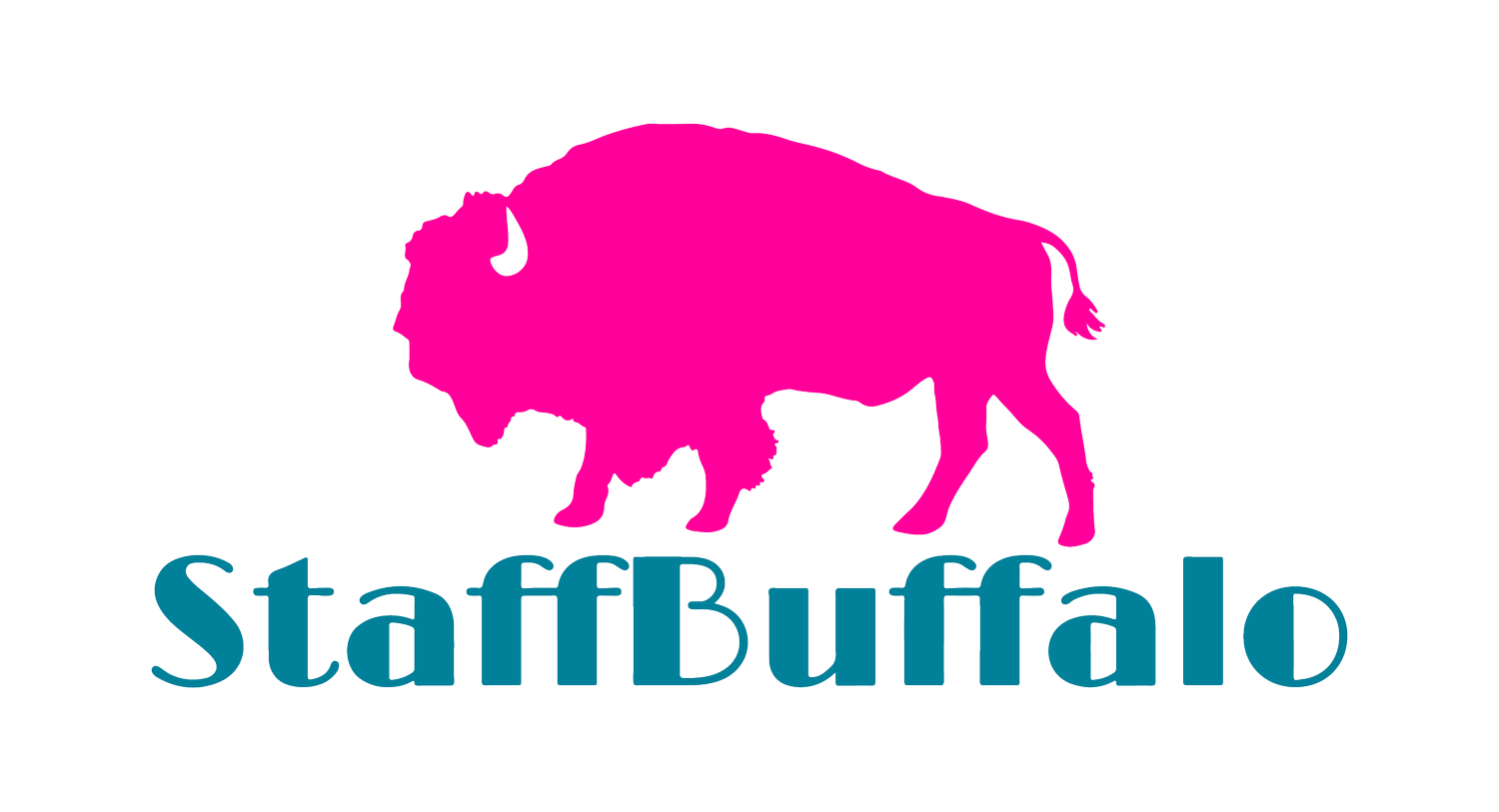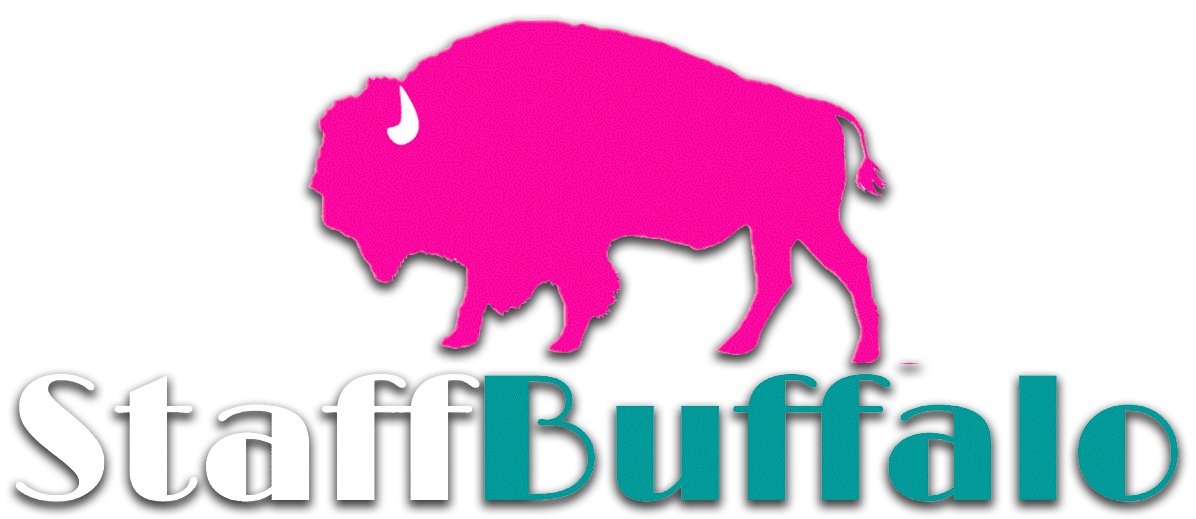Elisha Tomasello: HRBuffalo: Skills-Based Hiring Helps Employers Find More Diverse, Qualified Candidates
Elisha Tomasello remembers when employers relied on education level and years of experience to find job candidates. It wasn’t that long ago.
“As far back as I can remember, most companies required a college degree and sometimes even more,” she said.
Tomasello, president of HRBuffalo, said the pandemic accelerated the use of skills-based hiring practices. For many companies, not requiring college degrees is part of a diversity and inclusion efforts.
“A lot of companies have stopped looking at a four-year degree or at certain colleges,” she said. “We want to add culture and expand it. Not requiring a specific degree really opens up a previously constricted candidate pool and allows all candidates to show that they can do the job, including people who were not privileged to go to school or couldn’t afford it.”
What Buffalo businesses are looking for, Tomasello said, are candidates whose values align with a company’s business goals.
“The big retention piece right now is meaningful work and feeling connected to the company mission,” she said. “It’s a competency model, to make sure the people you’re hiring align with what they’ll be doing every day and the values of the company.”
For some positions, it makes more sense to hire based on skills, she said, especially those with fast-changing technology. Employers may have a candidate, with a 20-year-old degree that’s not relevant to today’s technology, in the running with a candidate who’s mastered the appropriate skill set without a degree.
“The jobs are changing so fast with technology,” Tomasello said. “What you’re doing today is going to change what you’re doing next year and the year after that and five years from now.”
Similarly, not all employers are requiring as many years of experience for positions as in the past.
“For fields like 3D printing or IT security, the rules are so new, you’re not going to have someone with 20 years of experience,” she said. “Certainly, not all jobs you can take someone right out of school, but if someone is performing a job well for two years, can you hire that person instead of demanding 10 to 15 years of experience.”
Some changes, Tomasello said, were happening before the pandemic due to a generational shift in the workplace. The pandemic made those changes appeal to more than just young people. Older workers started reevaluating and changing jobs too.
“A lot of the reshuffling is the older generations, not just the Millennials or Gen Z,” she said. “A lot of people are doing the gig work and not going into traditional jobs.”
Tomasello called it the “great reshuffle.”
“They’re doing what they want to do rather than what they have on their resume,” she said. “The benefit of this shift is that it absolutely will result in better quality hires.”

